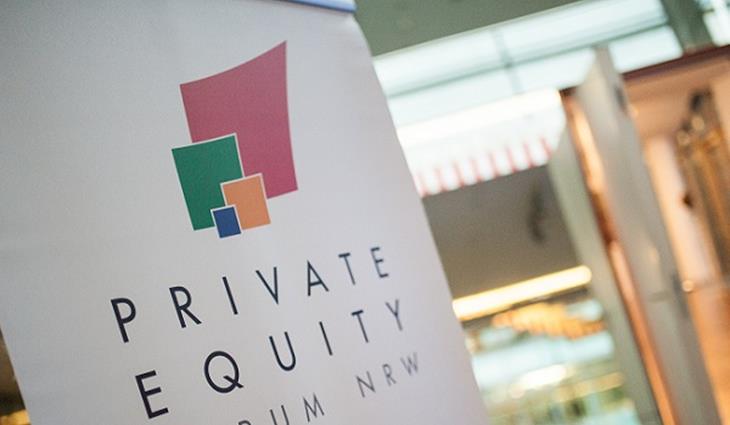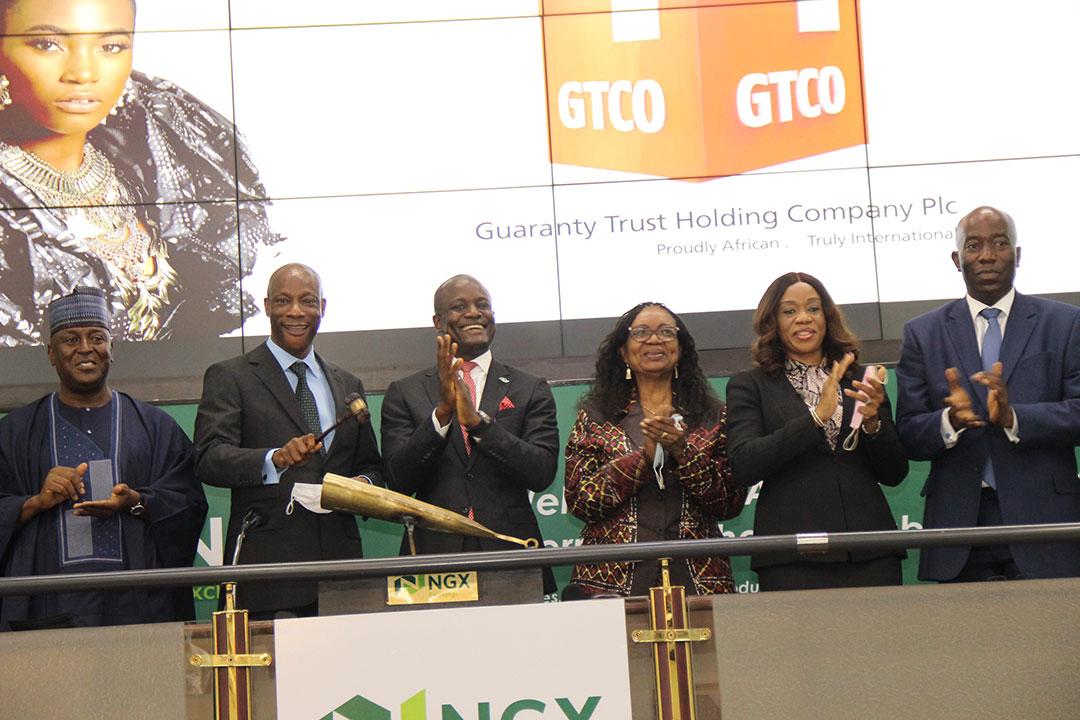- Private Equity-backed IPOs Rise in Africa – PwC, AVCA
The African Private Equity and Venture Capital Association and PwC Nigeria have said private equity-backed Initial Public Offerings are among the largest IPOs in Africa.
They stated this in the ‘Africa Private Equity-backed Initial Public Offering’ report, which was released on Friday in Lagos.
The report provided a historic analysis of private equity-backed and non-private equity-backed IPOs between 2010 and 2017 on exchanges throughout Africa, as well as IPOs by African companies on international exchanges.
The Head of Research, AVCA, Enitan Obasanjo-Adeleye, said it had been noted long ago that the proportion of private equity exits through IPOs in Africa was lower relative to markets such as the United States and United Kingdom.
She said the capital markets played a fundamental role in the efficient allocation of capital, describing them as a critical exit route for private equity globally.
Obasanjo-Adeleye said the report provided data, which she said would be important for ongoing dialogue around measures that needed to be taken to narrow the IPO gap between Africa and other continents.
She said, “We are excited to have worked with PwC to highlight private equity-backed IPO activity on the African continent. Over the period from 2010 to 2017, African private equity-backed IPOs, as a percentage of total African IPOs, averaged just 16 per cent in terms of volume and 23 per cent in terms of value.
“In comparison, over the same period, private equity-backed IPOs in the US averaged 39 per cent in terms of volume and 44 per cent in terms of value, and in the UK, 36 per cent in terms of volume and 45 per cent in terms of value.
“During the period under review, there have been 30 African private equity-backed IPOs raising a total of $3bn. Consistent with overall IPO trends in Africa, the Johannesburg Stock Exchange led as an exit destination in terms of value of private equity-backed IPOs, with nearly $2bn raised.”
Obasanjo-Adeleye noted that an analysis of post-IPO performance showed that private equity-backed IPOs in sub-Saharan Africa showed a price return of 27 per cent higher than their offer price.
According to her, on an average, over a one-year time horizon post-IPO, this closely approximates the performance of their non-private equity backed IPO peers of 30 per cent.
She added that the performance of North African shares over the same time horizon in the period analysed differed, with post-IPO performance returning only zero per cent and eight per cent growth over offer price for private equity floats and non-private equity floats, respectively.
A Partner, PwC Capital Markets, Johannesburg, Andrew Del Boccio, said, “Private equity funds backed a combined 16 per cent of the IPOs in Africa between 2010 and 2017, with average one-year returns on sub-Saharan Africa transactions closely in line with non-private equity IPOs.
“This suggests an opportunity to further explore the capital markets as a plausible exit strategy for private equity investments in the region. Over the period, a relatively small number of private equity-backed IPOs contributed significantly to the value of proceeds raised.
“Among others, these include the 2010 $681m IPO of Life HealthCare Group on the JSE, which constituted 23 per cent of total private equity-backed IPO capital raised between 2010 and 2017, and the 2014 $348m IPO of Alexander Forbes, also on the JSE, constituting 12 per cent of total private equity-backed IPO capital raised.”
Del Boccio stated that the $819m dual listing of Vivo Energy on the JSE and London Stock Exchange, which took place in May 2018, raised more capital than any African private equity-backed IPO since 2010.
The Associate Director, Capital Markets, PwC Nigeria, Alice Tomdio, said the Vivo Energy IPO was clear evidence that the IPO market was open to companies with attractive equity stories and a proven track record of growth.


 Naira4 weeks ago
Naira4 weeks ago
 Billionaire Watch4 weeks ago
Billionaire Watch4 weeks ago



 Naira4 weeks ago
Naira4 weeks ago






 Naira4 weeks ago
Naira4 weeks ago


 Naira3 weeks ago
Naira3 weeks ago






 Naira3 weeks ago
Naira3 weeks ago
 Economy4 weeks ago
Economy4 weeks ago


 Naira3 weeks ago
Naira3 weeks ago





















